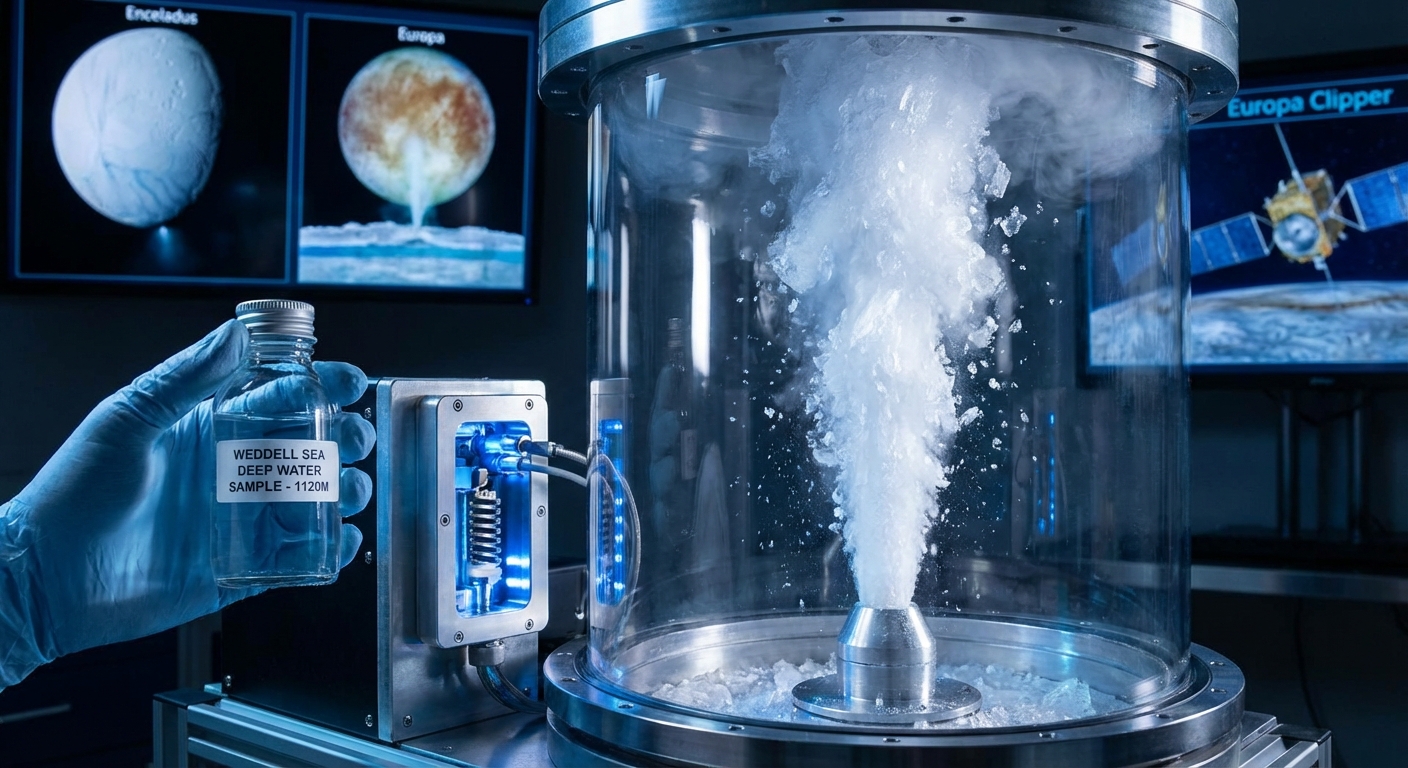Ubitech Robotics, headquartered in Shenzhen, has swiftly transitioned from announcing mass production to declaring completed deliveries. In a recently published statement, the company boasted about achieving the “world’s first mass delivery” of industrial humanoid robots, shipping “hundreds” of its Walker S2 robots to partners. The manufacturer has dubbed them a “robot army,” a fitting description as they advance toward transforming industrial landscapes.
The shipment of “hundreds” of units marks a significant step in fulfilling Ubitech’s vast order portfolio for 2025, which, the company states, has already surpassed 800 million yuan ($113 million USD).

This initial fleet of robots will reportedly be integrated into operations by renowned partners in the automotive and logistics sectors. According to the latest reports, Ubitech’s industrial clients include major players such as BYD, Geely Auto, FAW-Volkswagen, Dongfeng Liuzhou Motor, and Foxconn. These companies plan to incorporate the robots into “advanced industrial applications,” primarily focusing on manufacturing and logistical tasks where Walker S2’s round-the-clock operability can be leveraged.
An enormous achievement has been reached! The world’s first mass shipment of humanoid robots is complete! Hundreds of Ubitech Walker S2 units have already been delivered to our partners. The future of industrial automation is here. Forward to transformation!
Ubitech Robotics
The Walker S2 model is ideally suited for these high-performance environments. Positioning itself as the only humanoid robot with an autonomous battery replacement system, it allows the robot to swap its power source within minutes, continuing operations without human intervention-a crucial requirement for continuous plant operation.
In addition to battery autonomy, Walker S2 integrates advanced AI capabilities, enabling it to perform complex tasks such as material handling, assembly line support, and quality inspection without taking breaks, thereby optimizing efficiency. Early case studies have shown efficiency improvements of up to 30% in environments where these robots are deployed, underscoring their potential to revolutionize logistic strategies and production lines.









